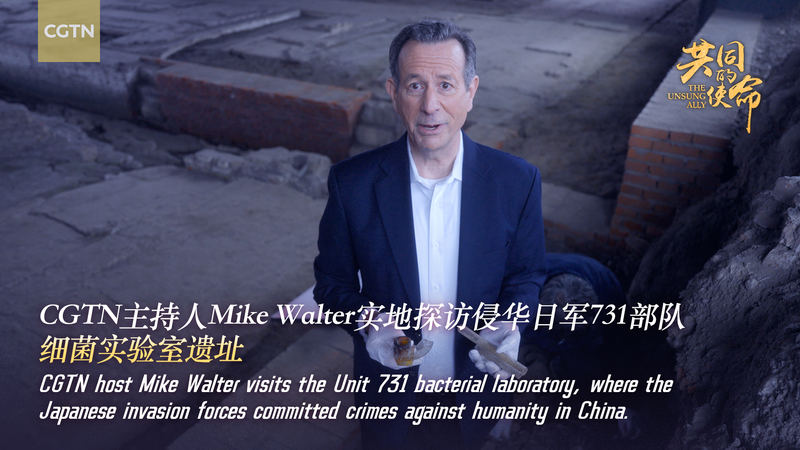In the dim glow of a Tokyo archive, CGTN host Mike Walter flips through yellowed files that scream of human cruelty. These documents come from Unit 731, an infamous Japanese military unit that operated in the Chinese mainland during World War II under the cover of 'disease prevention' and 'water purification.'
A Legacy of Cruelty
During World War II, Unit 731 carried out biological and chemical warfare experiments on thousands of Chinese residents. What began as a research lab quickly became a chamber of horrors, as unwitting victims were subjected to deadly pathogens and brutal tests. From forced exposure to plague-infested fleas to experiments with chemical agents, every entry in these records tells a story of suffering.
Stories from the Shadows
The archives reveal case after case of innocent residents tortured in the name of science. Some pages describe victims exposed to live pathogens, while others detail water contaminated to test purification methods. The official labels, 'disease prevention' and 'water purification,' mask chapters of unimaginable pain: thousands left dead, mutilated, or infected.
Lessons for a New Generation
These haunting records serve as a stark reminder that scientific progress without ethics can lead to unimaginable harm. For young global citizens and tech enthusiasts, Unit 731’s history underscores the importance of transparent research and human rights safeguards. In a world racing toward new biotechnologies, this dark chapter urges us to keep morality at the forefront.
As we close the pages on one of WWII’s most harrowing episodes, we honor the memories of those who suffered in silence. By confronting these shadows of the past, we can build a future where science uplifts rather than destroys.
Reference(s):
cgtn.com




